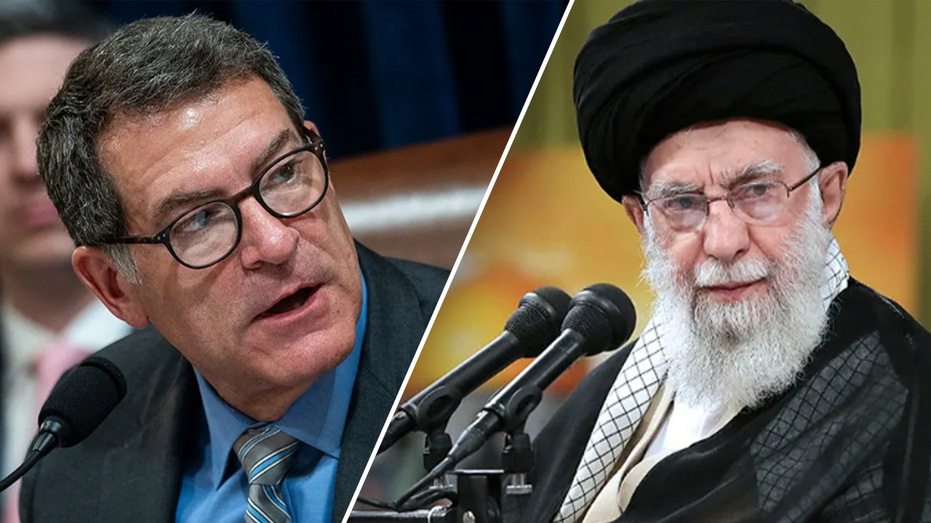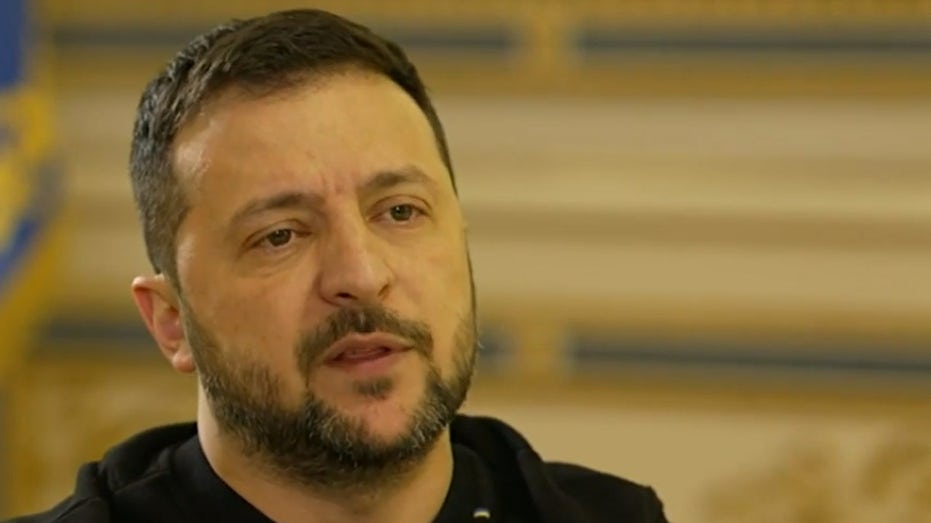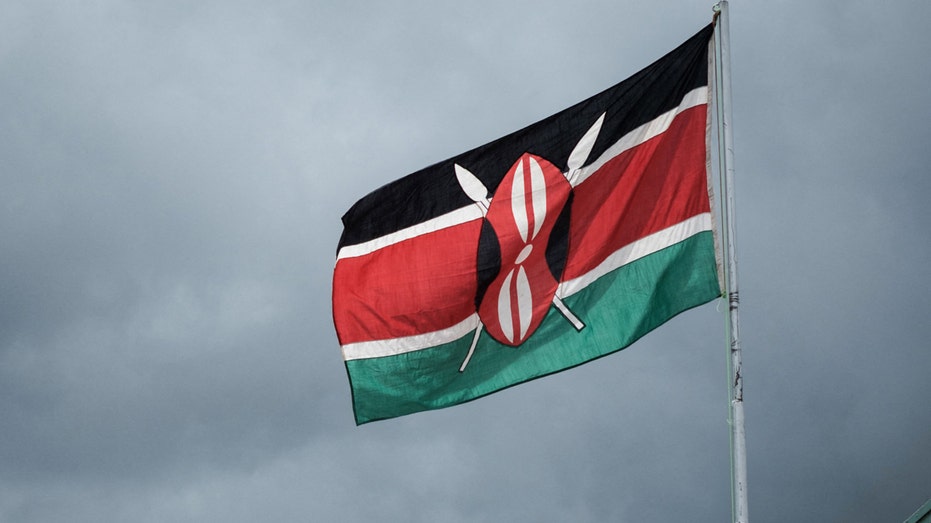Iran and its terror proxies continue to threaten the U.S., including assassination attempts on U.S. leaders and residents, according to a House Committee on Homeland Security hearing Wednesday.
“The security threats from Iran and their proxies have metastasized even more. These threats include assassination plots on former Trump administration officials, targeting and attacking U.S. service members abroad, disrupting trade and commerce and endangering maritime security in the Red Sea, and attempting to coordinate external terror operations in Europe and South America,” Chairman Mark Green, a Republican from Tennessee, said during the hearing.
The committee held a hearing titled “Examining the Current Status of Iran’s Axis of Resistance and the Implications for Homeland Security and U.S. Interests,” Wednesday morning, where lawmakers spoke with four intelligence leaders to assess the “scope and pace of threats posed to the homeland by Iran’s proxy forces.”
The hearing comes as Israel’s war continues with Hamas. Hamas terrorists launched attacks on the nation on Oct 7. Hamas and Hezbollah leaders have since said that Iran’s Islamic Revolutionary Guard Corps had worked with Hamas since August on air, land and sea attack plans.
US FREES UP BILLIONS IN SANCTIONS RELIEF TO IRAN AS TEHRAN PROXIES WREAK HAVOC IN REGION
The witnesses Wednesday included Robert Wells, assistant director of the FBI’s counterterrorism division; James Dunlap, deputy under secretary for analysis at Homeland Security’s Office of Intelligence and Analysis; Carrie Thompson, chief of intelligence at the DEA; and Elizabeth Richard, the State Department’s coordinator for counterterrorism with the rank and status of ambassador-at-large.
BIDEN ADMIN UNDER PRESSURE TO STOP BILLIONS OF DOLLARS IN SANCTIONS RELIEF TO IRAN
Green said in the hearing that Iran has an extensive list of proxy organizations, known as “Iran’s Axis of Resistance,” which operate independent militia groups that Iran “uses to enhance their power.” Green identified the terrorist proxies as Hezbollah, Hamas, the Houthis, Palestinian Islamic Jihad, and other Iraqi and Syrian militia groups.
“These proxies and their sympathizers are present in countries such as Lebanon, Iran, Yemen, Iraq and Syria. In exchange for these groups’ support and actions, they receive significant financial backing, material support and training from the Iranian regime,” he said.
ISRAEL’S ‘SWORN ENEMY’ HEZBOLLAH TELLS IRAN IT WOULD FIGHT ALONE IF CONFLICT ESCALATES
Wells highlighted that Hezbollah, specifically, could carry out attacks in the U.S.
“The FBI remains concerned Hezbollah, Iran’s primary strategic partner, could conduct retaliatory attacks against former U.S. officials, not only overseas, but also in the U.S.,” Wells said.
“Since its inception in 1982, Hezbollah has been involved in numerous anti-U.S. terrorist attacks. Historically, they’ve sent operatives to build terrorist infrastructure worldwide, and are likely to continue conducting intelligence collection, financial activities and procurement efforts. In summary, the threat from Iran and its proxies remains persistent, and the FBI continues to engage with our partners to ensure protection of the American people and U.S. interests, both at home and abroad,” he added.
Within Dunlap’s opening remarks, he highlighted that Iran-backed actors use various tactics to target the U.S. and its infrastructure, including cyber-espionage.
“Iranian government cyber actors employ a variety of tactics, techniques and procedures, including social engineering, using easily accessible scanning and computer hacking tools, exploiting publicly known software and hardware vulnerabilities to conduct cyber-espionage operations targeting the United States governments and the defense industry, and to disrupt critical infrastructure,” Dunlap said.
“Iran continues to conduct transnational repression activities within the homeland against anti-regime critics. Tactics used in the past to target dissidents include, assassination attempts, digital threats and harassment, family intimidation, spyware and unlawful detention. Iran has targeted Iranian dissidents in the United States to suppress anti-regime protests and calls for social and political reform in Iran,” he continued.
Dunlap pointed to a murder for hire scheme in 2020, when two Canadians and an Iranian allegedly conspired to murder two residents of the state of Maryland. The trio were indicted by the DOJ this year.
“Iran will remain the primary state sponsor of terrorism and continue its efforts to advance plots against individuals in the United States. Specifically, Iran maintains that it’s its intent to plot attacks against current and former U.S. government officials in retaliation for the 2020 death of IRGC Quds Force commander Qasem Soleimani,” Dunlap said. “Iran typically relies on individuals with preexisting access to the United States for surveillance and lethal plotting. Having previously used all nationals, members of criminal networks and private investigators as attempted plots that do not require international travel for operatives.”
Wells added in his opening remarks that former U.S. officials such as Trump administration national security adviser John Bolton, have faced Iran-backed assassination attempts on U.S. soil.
“In 2023, three members of an Eastern European criminal organization were charged for plotting the murder of a U.S. citizen who has been targeted by the government of Iran for speaking out against the regime’s human right abuses. The victim was targeted for exercising the rights to which every American citizen is entitled,” Wells said of another planned assassination attempt.




